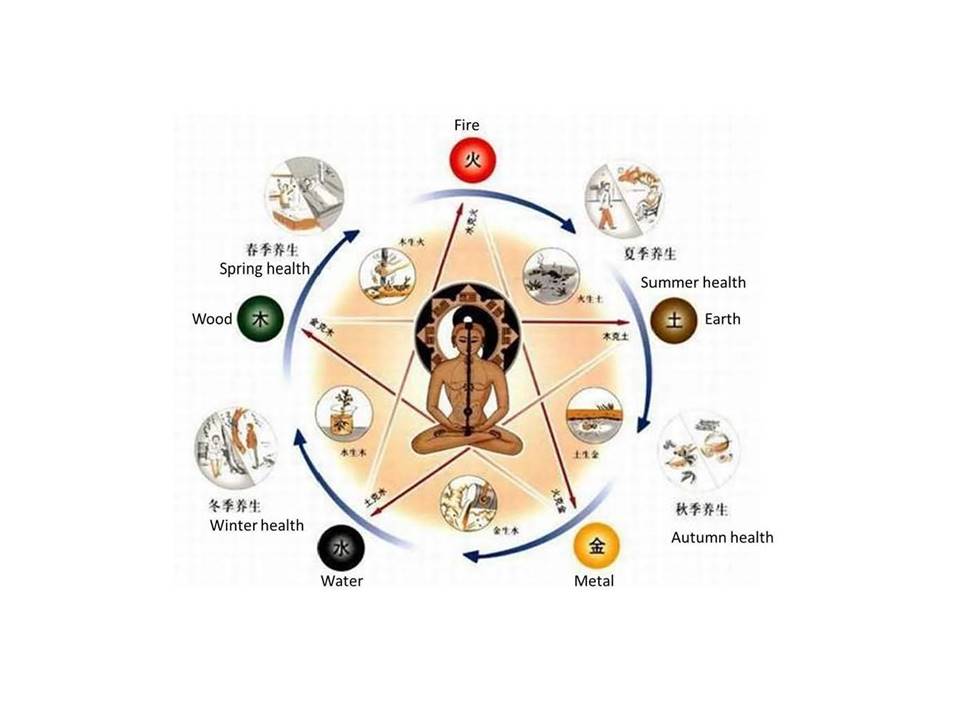|
Traditional Chinese Medicine (TCM) believes that the unity of heaven and man is an important concept for good health. This is also called "the corresponding of heaven and man" or "the unity of heaven and man". "Heaven" refers to the universe that is nature. Chinese medicine believes that man is one with everything in the universe and that all of nature is bound together in a common cause. All kinds of changes in nature, such as seasonal changes and geographical differences, will directly or indirectly affect the human body. And these influences will inevitably reflect different physiological activities or pathological changes. TCM also believe that Human being is a unity of body and spirit. The body is composed of organs, body parts, energy (Qi) is yang and nourishment (blood) is yin, the meridians, which transport energy and nourishment to bodily organs to support whole body, and to keep the yin and yang in balance, and body in harmony. The spirit is controlled and balanced by body organs and when the organ does not function well, it will impact on the spirit, conversely if spiritual side is not in balance, it will impact on its related organ. The principle of TCM diagnosis is to identify the imbalance in the unity of body and mind and treatment is to restore the normal balance. The methods used in TCM are: acupuncture, herbal medicine, medical massage, exercise (Qi Gong), and dietary therapy.
0 Comments
Leave a Reply. |
Author
After earning a Doctor of Medicine degree and obtaining national certification in acupuncture in China, I became a lecturer and practitioner of Traditional Chinese Medicine and acupuncture. After practicing medicine and acupuncture for nine years, I furthered my studies at the University of Auckland and became a registered acupuncturist in New Zealand. I practiced both acupuncture and Traditional Chinese Medicine for 5 years in Auckland before moving to the United States. ArchivesCategories |

 RSS Feed
RSS Feed
